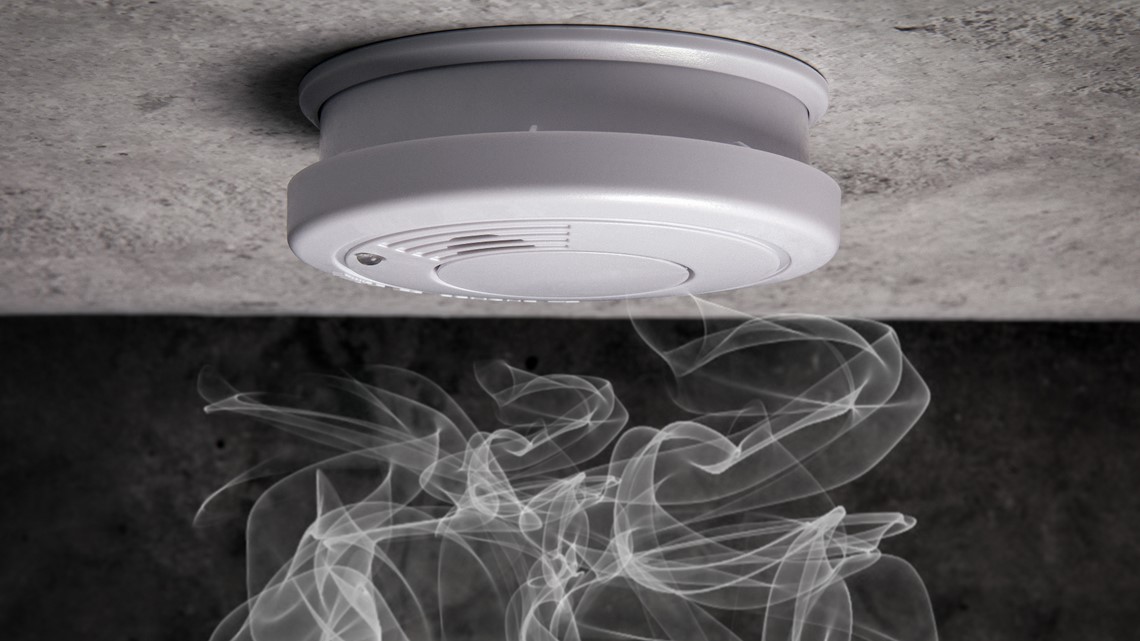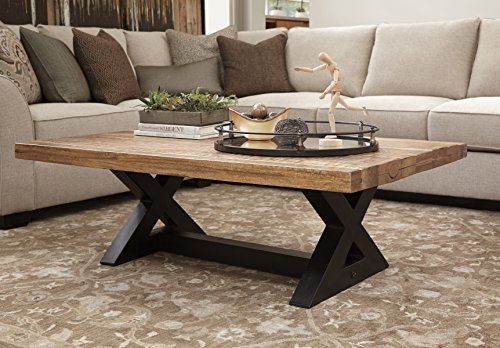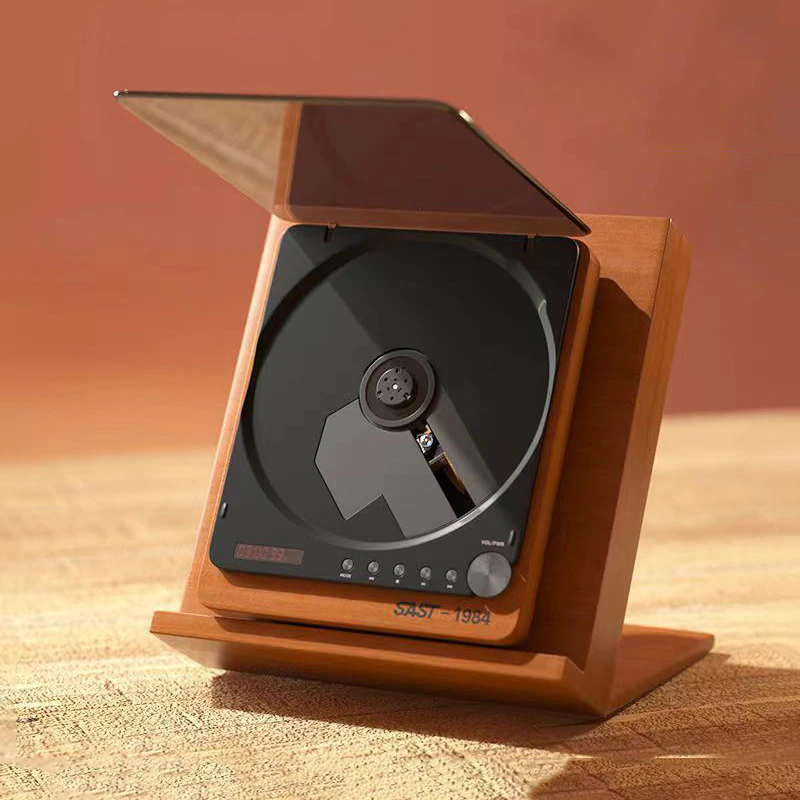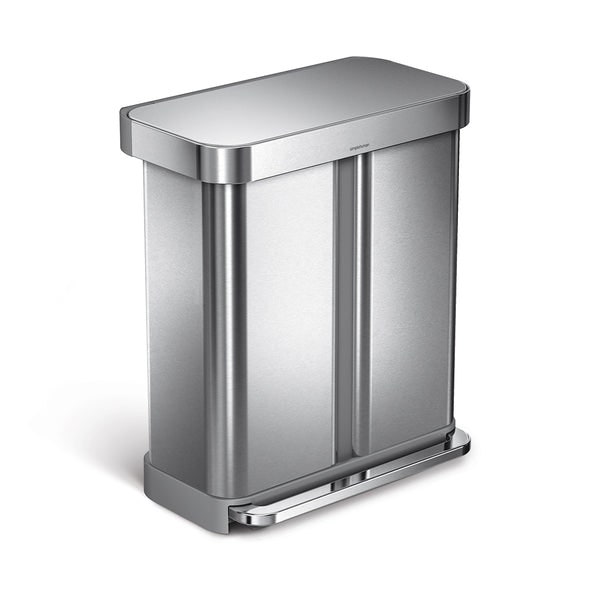1. Introduction
Why Choosing the Right Refrigerator is Essential for Your Home
Imagine a world without refrigerators, where your milk goes bad overnight, your fruits and vegetables turn into mush within days, and leftovers become a breeding ground for bacteria. A reliable refrigerator is a must-have appliance in every household, serving as a vital partner in preserving the freshness and quality of our food. But with so many options available in the market, how can you choose the perfect refrigerator for your home? In this comprehensive and informative article, we will guide you through the process of selecting the ideal refrigerator that meets your specific needs, making your life easier and more convenient. From understanding the various types of refrigerators to considering important factors like size, capacity, energy efficiency, and special features, we have got you covered!
[amazon bestseller=”Refrigerator” items=”10″]
2. Definition and Background of Refrigerators
What is a Refrigerator and How Does it Work?
Before delving into the nuances of choosing the right refrigerator, it is crucial to understand its basic definition and how it functions. A refrigerator is a household appliance designed to keep food and beverages at a cold temperature in order to inhibit bacterial growth and slow down the rate of food spoilage. It accomplishes this by removing heat from the items stored inside it.
The working principle behind a refrigerator involves the transfer of heat from the interior of the appliance to the external environment. This is achieved through a combination of several components, including a compressor, condenser, evaporator, and refrigerant. The compressor, aptly referred to as the heart of the refrigerator, circulates the refrigerant, a special fluid used for cooling, throughout the system. As the refrigerant flows through the evaporator, it absorbs the heat from the food items inside the refrigerator, cooling them down. The heated refrigerant then passes through the condenser, where it releases the heat to the surrounding air, thereby completing the cooling cycle.
3. The Significance of Choosing the Right Refrigerator
Historical Evolution and Society’s Dependence on Refrigerators
Refrigerators have come a long way since their invention in the early 20th century. Initially, refrigeration units were large, standalone appliances, but over time, they have evolved into sleek and efficient models that seamlessly integrate into modern kitchen designs. The convenience and functionality offered by refrigerators have made them an essential part of our daily lives.
In today’s fast-paced world, where time is often a luxury, refrigerators play a crucial role in preserving food for longer durations, reducing wastage, and enabling us to plan our meals effectively. They have revolutionized the way we store and access food, providing us with the flexibility to stock up on groceries and enjoy fresh ingredients whenever we need them. Moreover, refrigerators have become indispensable tools for preserving the nutritional value of our food, as well as preventing foodborne illnesses.
Beyond their practical importance, refrigerators have also shaped societal norms. The rise of refrigeration technology made it possible for us to store perishable items and expand our culinary possibilities. From storing leftovers for a quick and easy meal to ensuring a constant supply of chilled beverages during parties, refrigerators have become central to our kitchen routines and social gatherings. With their impact reaching far beyond the boundaries of our homes, the significance of choosing the right refrigerator must not be overlooked.
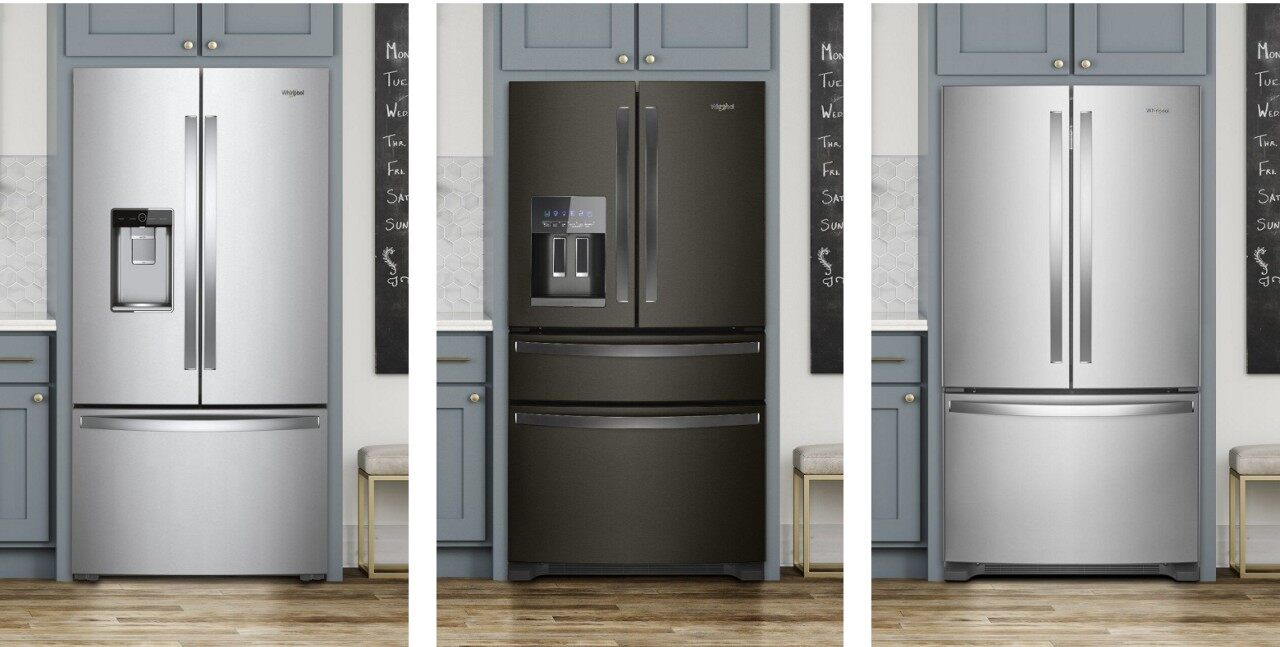
4. Practical Applications
4.1 Residential Settings
When it comes to choosing a refrigerator for your home, there are plenty of practical applications to consider. Residential settings vary widely in terms of kitchen layout, available space, and individual requirements. Fortunately, modern refrigerators come in a range of sizes and designs to meet the diverse needs of homeowners.
In smaller apartments or cozy kitchens, compact refrigerators are an ideal choice. These smaller units provide adequate storage space for essentials while seamlessly fitting into limited areas. On the other hand, larger households with spacious kitchens can opt for full-sized refrigerators with ample storage capacity for groceries and leftovers. These refrigerators often feature multiple compartments and adjustable shelves, allowing for organized storage and easy access to food items.
4.2 Commercial Environments
Refrigerators are not limited to residential use alone. Commercial environments such as restaurants, hotels, and grocery stores have their own unique requirements. In busy kitchens or food establishments that handle large quantities of perishable items, choosing the right commercial refrigerator is crucial.
Restaurants and catering businesses often require heavy-duty refrigeration equipment that can withstand constant use and maintain precise temperature control. Walk-in refrigerators or reach-in models with multiple sections are commonly used to accommodate different storage needs. These commercial refrigerators are designed for maximum efficiency and can store large quantities of food, ensuring freshness and minimizing waste.
5. Benefits
5.1 Extended Food Preservation
One of the key benefits of a well-chosen refrigerator is its ability to extend the shelf life of perishable food items. Refrigeration slows down the rate of bacterial growth, preventing spoilage and keeping food fresh for a longer period. By maintaining a consistently low temperature, refrigerators create an inhospitable environment for bacteria, helping to preserve the quality and nutritional value of stored foods.
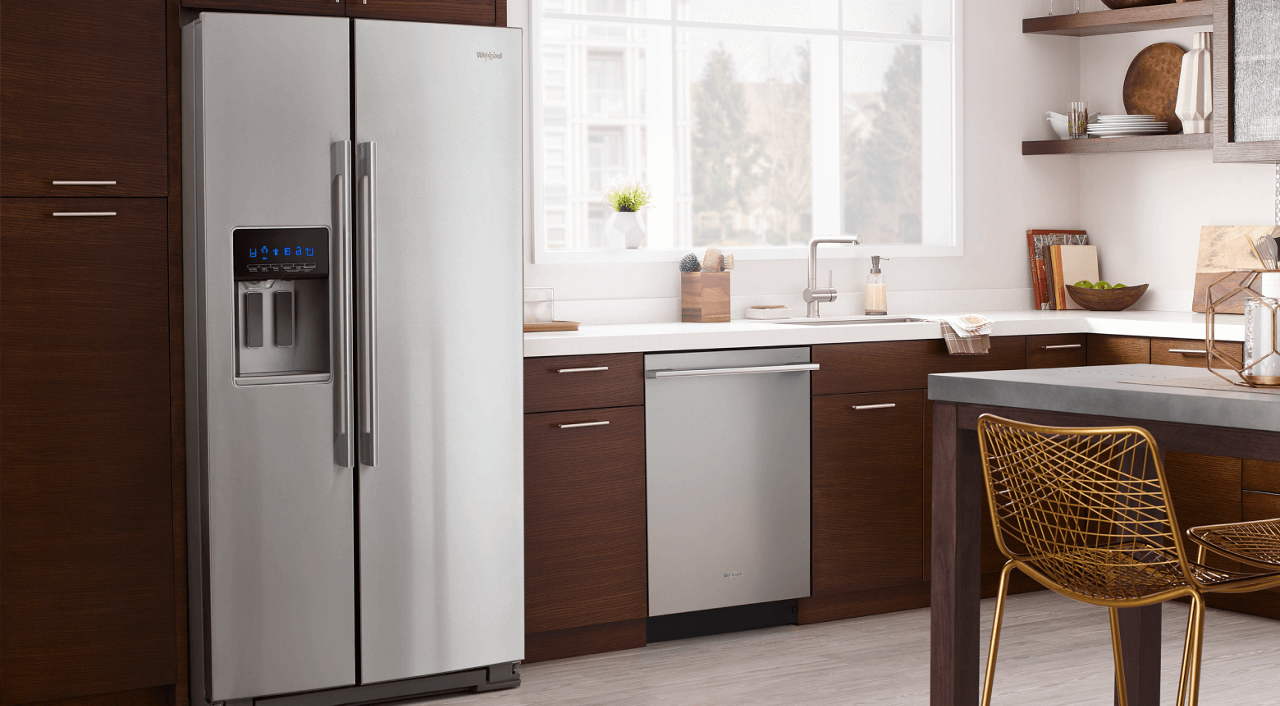
With proper organization and temperature control, refrigerators enable households to reduce food waste by effectively storing leftovers and perishable items. This not only saves money but also encourages sustainable practices, as less food is thrown away.
5.2 Energy Efficiency
In today’s energy-conscious world, choosing an energy-efficient refrigerator can have considerable benefits. Energy-efficient models are designed to consume less electricity while still providing optimal cooling performance. These refrigerators often have features like enhanced insulation, LED lighting, and advanced temperature control systems, all contributing to lower energy consumption.
Opting for an energy-efficient refrigerator not only supports environmental sustainability but also helps reduce electricity bills over time. By selecting a refrigerator with a high Energy Star rating, homeowners can ensure that their appliance operates efficiently and effectively, while minimizing their carbon footprint.
6. Challenges and Considerations
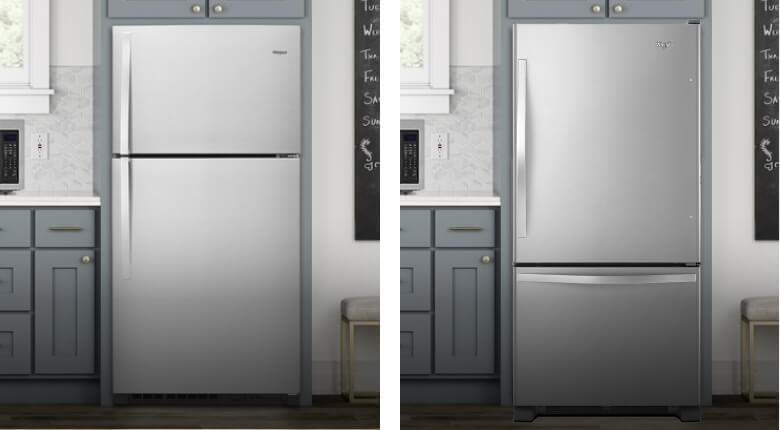
6.1 Space Limitations
Before purchasing a refrigerator, it is essential to consider the available space in your kitchen. Measure the designated area carefully to determine the maximum dimensions that can be accommodated by your kitchen layout. While it’s tempting to go for the largest refrigerator available, it’s crucial to strike a balance between storage capacity and fitting comfortably within your kitchen space.
6.2 Lifestyle and Customization
Every household has unique requirements and preferences when it comes to refrigerator features. Consider your lifestyle, cooking habits, and family size when selecting a refrigerator. Do you require a built-in ice maker? Is a water dispenser important to you? Some models offer adjustable shelves or special compartments for specific needs like dairy products or deli items. Understanding your preferences and factoring them into your decision-making process will help you find a refrigerator that perfectly suits your lifestyle.
6.3 Budget
Budget considerations play a significant role in choosing a refrigerator. Set a price range and stick to it while exploring different models. Fortunately, there are refrigerators available at various price points, ensuring that you can find a quality appliance within your budget. Consider the long-term savings an energy-efficient refrigerator can offer, as it may offset the initial investment over time.
With these considerations in mind, taking the time to evaluate the space, lifestyle, and budget will assist in making an informed decision that meets your needs and enhances your kitchen. Remember, finding the right refrigerator for your home involves striking a balance between practicality, personal preferences, and long-term benefits.
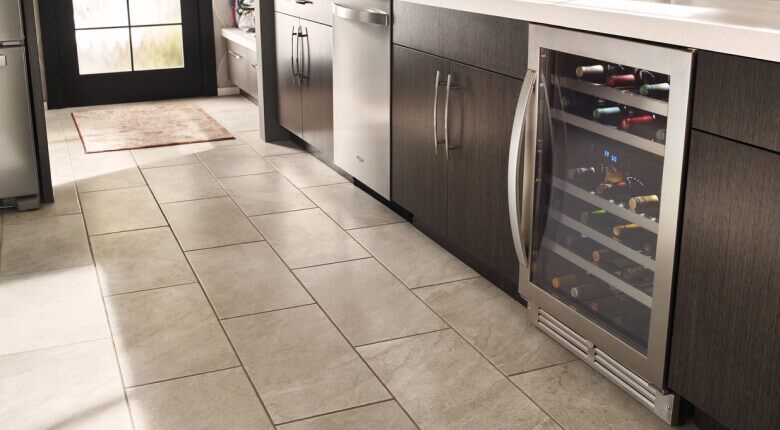
7. Counterpoints
1. Size limitations
While refrigerators are undeniably helpful in keeping our food fresh, they do come with certain limitations. One of the most common counterpoints is the size limitation. Not all homes have ample space for a large refrigerator, and sometimes, compromises need to be made. However, this should not be a deterrent, but rather an opportunity to be more creative with storage solutions. Look for compact or slim models that can fit in narrow spaces or consider alternative options such as mini-fridges or under-counter refrigerators.
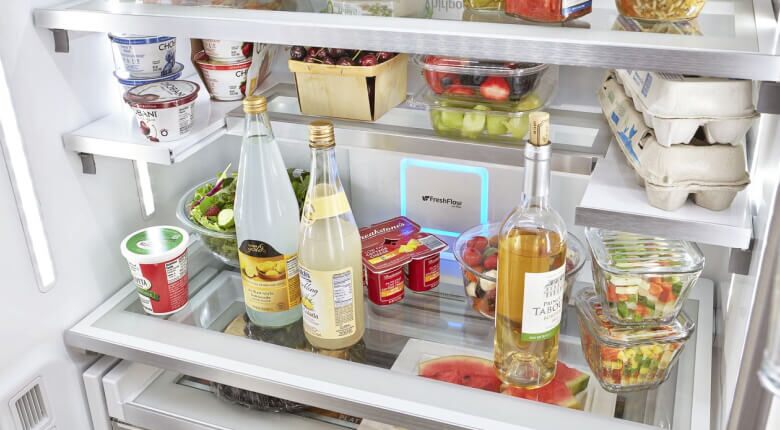
2. Energy consumption
Another counterpoint to consider when choosing a refrigerator is its energy consumption. While modern refrigerators have become more energy-efficient, they still contribute to a significant portion of your household’s energy consumption. This may lead to higher electricity bills over time. However, do not be discouraged by this fact. Look for models with energy-saving features such as LED lighting and inverter technology. These innovations can help reduce energy consumption and lower your overall expenses in the long run.
3. Price range
Price often plays a significant role when making any purchasing decision, and refrigerators are no exception. It’s true that high-quality refrigerators with advanced features tend to come with a higher price tag. However, this should not discourage you from finding the perfect refrigerator for your home. Consider your budget and prioritize your needs. There are options available for every price range, from budget-friendly models to high-end, luxury refrigerators. Take your time to research and compare prices to make an informed decision that aligns with both your requirements and financial capabilities.
8. Tips for Choosing the Perfect Refrigerator
1. Consider your family’s needs
When choosing a refrigerator, it’s crucial to consider the unique needs of your family. Take into account the number of family members and their eating habits. If you have a large family, a spacious refrigerator with ample storage capacity would be ideal. On the other hand, if you live alone or have a small family, a more compact size might suffice. Understanding your family’s needs will help you determine the appropriate size and features required for your refrigerator.
2. Look for energy-efficient models
Given the long-term impact on energy consumption, it’s essential to choose an energy-efficient refrigerator. Look for models with the ENERGY STAR label, as they meet the strict energy efficiency guidelines set by the Environmental Protection Agency (EPA). These models not only help reduce your carbon footprint but also lower your electricity bills.
3. Consider the layout and shelving options
The interior layout and shelving options of a refrigerator can significantly impact its usability. Look for adjustable shelves and drawers that can be rearranged to accommodate items of different sizes. Consider models with door-in-door features for easy access to frequently used items without opening the entire fridge. Additionally, evaluate the placement of compartments and shelves to ensure they suit your specific storage needs.

9. In conclusion
Choosing the right refrigerator for your home is undoubtedly a crucial decision that should not be taken lightly. It involves considering various factors, such as size limitations, energy consumption, and price range. While there may be counterpoints and challenges along the way, it’s important to approach the selection process with an open mind and a clear understanding of your family’s needs. With careful consideration and research, you can find the perfect refrigerator that not only keeps your food fresh but also enhances the functionality and aesthetics of your kitchen. So embrace the journey, weigh your options, and make a choice that will make your daily life more convenient and enjoyable. Happy refrigerator hunting!
Frequently Asked Questions
1. What size refrigerator should I choose for my home?
Choosing the right size refrigerator depends on your household’s needs. Measure the space where you plan to place the refrigerator and consider the number of family members. As a general guideline, allow approximately 4 to 6 cubic feet of refrigeration space per adult in the household. This should provide enough room to store your groceries comfortably.
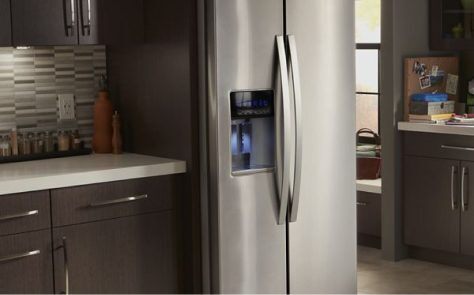
2. Are there any energy-efficient refrigerators available?
Absolutely! Energy-efficient refrigerators help reduce electricity consumption and save you money in the long run. Look for refrigerators with an Energy Star rating. These models meet strict energy efficiency guidelines set by the Environmental Protection Agency (EPA). They consume less energy while still providing excellent cooling performance.
3. What type of refrigerator is best suited for my home?
The type of refrigerator that suits your home depends on your preferences and available space. Some common types include top-freezer, bottom-freezer, side-by-side, and French door refrigerators. Top-freezer models are often more budget-friendly, while French door refrigerators provide ample storage space. Consider your storage needs, kitchen layout, and budget to determine the best fit for your home.
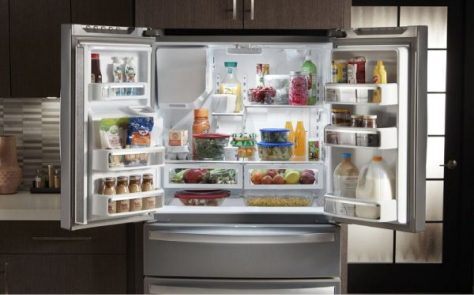
4. How noisy are refrigerators?
Refrigerator noise levels can vary depending on the model and brand. Modern refrigerators are designed to operate quietly. When shopping, look for noise level information indicated in product specifications. Lower decibel (dB) values indicate quieter operation. Keep in mind that noises, like humming or occasional clicks, are normal and ensure the refrigerator is functioning correctly.
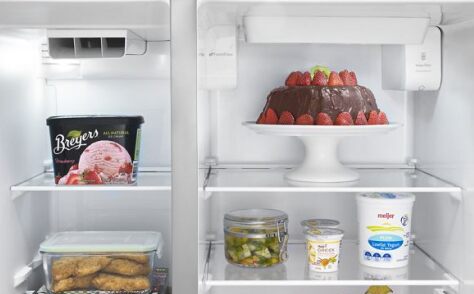
5. How do I maintain and clean my refrigerator?
To keep your refrigerator running smoothly, it’s important to regularly clean and maintain it. Start by wiping down the interior and exterior surfaces with a mild detergent and warm water. Pay special attention to removing spills and stains. Clean the condenser coils at least twice a year to prevent dust buildup. Additionally, defrost your freezer if ice accumulates more than 1/4 inch thick. Remember to unplug the refrigerator and follow the manufacturer’s instructions for any specific cleaning recommendations.



